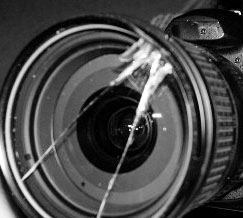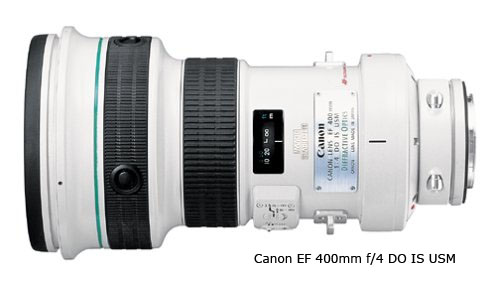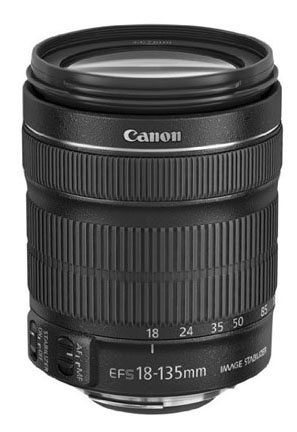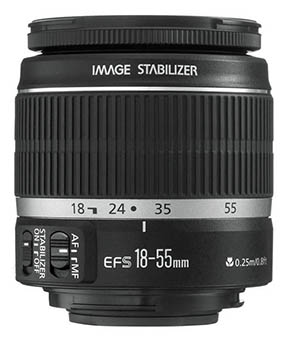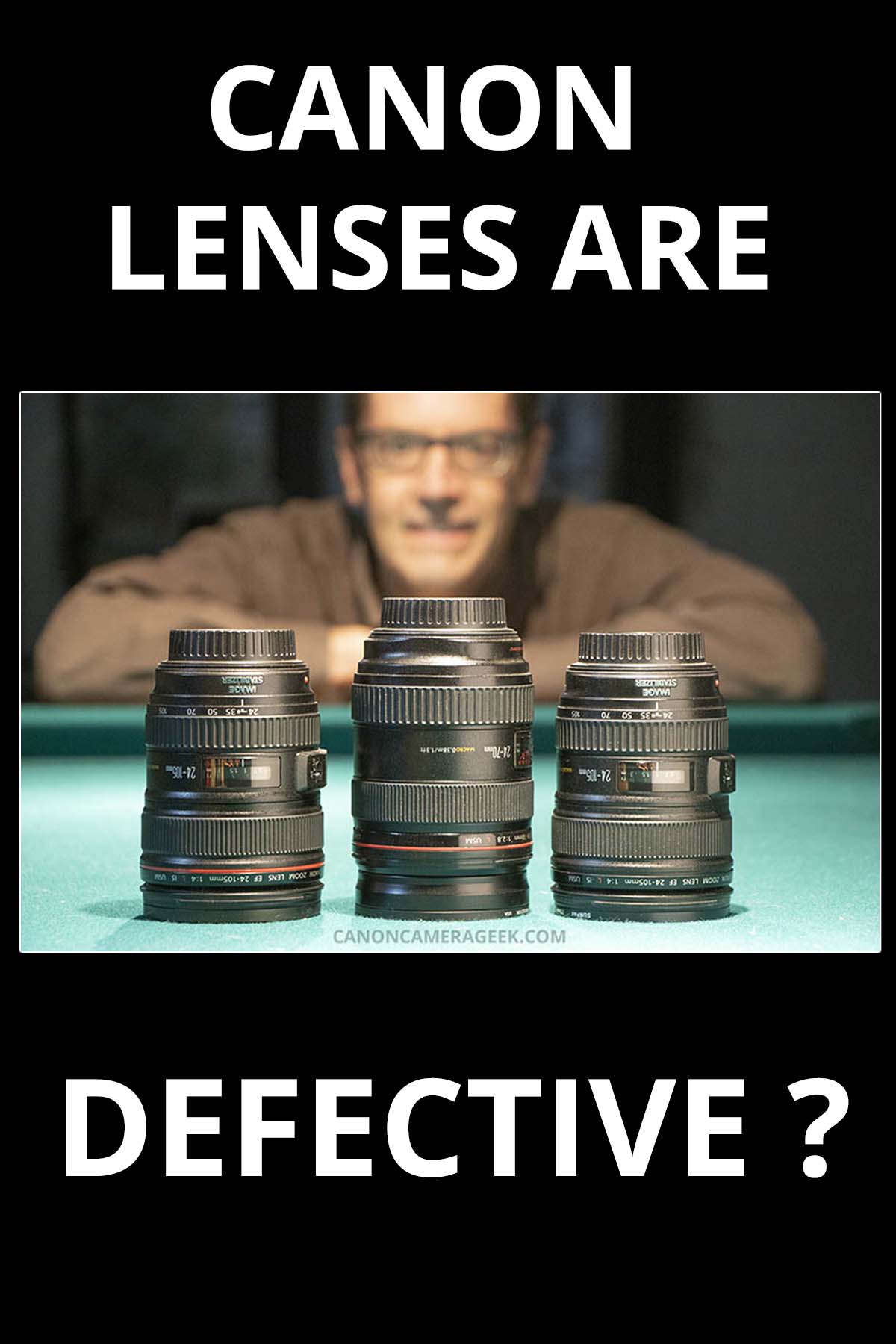The Brutal Truth About Canon Camera Lenses
WRITTEN BY: BRUCE LOVELACE
UPDATED: September 24, 2024
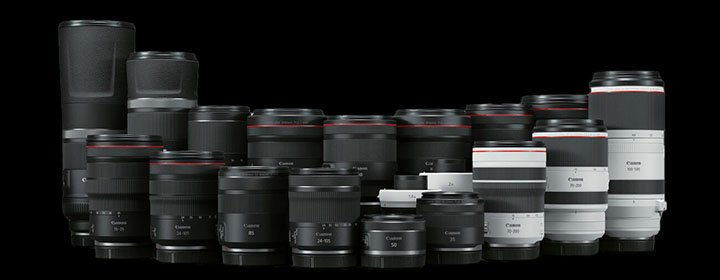 Canon Lens Advice - "Secret Truths Revealed"
Canon Lens Advice - "Secret Truths Revealed"Want to know the brutal truth about Canon camera lenses? They're defective!
They're far from perfect........... but then again, so are ALL the other lenses made by ALL the other manufacturers. The truth is that with the purchase of a brand new lens comes the possibility of disappointment. With a new lens, it's a very tiny possibility, but it's there.
Unfortunately, it's often a lack of knowledge or poor technique that causes consumers to complain about lens sharpness or focusing issues.
About 2% of new lenses will truly be "defective." Whether a lens was banged around too much in shipping or there was a blip during it's manufacturing, it could be a bad one.
 Canon lens groups and elements
Canon lens groups and elementsAdvancements in lens design and manufacturing have come along way and we are living in a remarkable time in the history of photography. I hope you are enjoying it.
As a typical human being, I am far from perfect, although I like to believe that I still have some value to offer.
Lenses have more imperfections that I care to learn about, but here is the point I am so desperately trying to make in just the right way:
It's only the Canon lens imperfections that can be noticed that matter.
The defects you can't see don't really matter, do they? Seriously, if a slight chromatic aberration, or a minor lens flare, or a 7% decrease in contrast at the corners can't be noticed, should you be concerned that a technical lens test revealed it?
If you have a small barrel distortion and you don't notice, has it ruined your photo? I'm not so sure.
Photography is an art and I sometimes still catch myself getting to focused on the technical stuff. Yes, it is important to get the best equipment and accessories to help you get the best photos.
Just remember, it's not the size of the magician's wand that counts, it's the skill of the magician that matters most.
What to do when you first get a new Canon Camera Lens?
The hard work that lens testers do is important and valuable. The methods they use, the testing equipment they employ, and the significant time they invest all add up to scientific data that can be interpreted for evaluating lenses.
So my next comment is meant with no disrespect intended. Your own tests are so much more important than the test done by the professionals. You need to please yourself first and then the people who are viewing your photos.
The simplest thing to do is to test a lens yourself. You can even use an affordable lens test chart if you;re serious about testing.
- Take a minute to think. Make a list of all the situations you take photos in.
- Take a variety of photos in those situations with your new lens on the camera you are going to use it on.
- Look at them closely. Use simple software like Windows Picture Viewer or Windows Live Photo Gallery (or Photoshop) that lets you zoom in to look for defects.
 Zoom in using your picture viewer on a large computer LCD screen
Zoom in using your picture viewer on a large computer LCD screenLook for defects and image quality.
The third step is very important. While it may be true that a high percentage of the photos we take don't become large prints, get published in magazines, or used for billboards, we do want to examine them closely when we are testing a lens.
The Truth about Canon Camera Lens Compatibility
When you buy a lens and match it to the same brand of camera you should expect a perfect union, both in terms of communication and optical performance as well. If your camera-lens combo aren't "talking and listening" properly, you've got a serious issue.
Their performance together can vary. Just like every shoe doesn't fit perfectly on your unique feet. Yes, I know cameras models are much more uniform that are our feet, but you can get the point, I hope.
There are tiny differences in focal distances or camera mounts that can affect focusing points, particularly at wide open apertures where depth of field, and depth of focus are so narrow.
That's just my opinion on the truth about Canon camera lenses. If you want to share your opinion on lenses, I'd love to hear from you.
Have a blast. Shoot your Canon!


Bruce Lovelace is the publisher of Canon Camera Geek. Read more about him on the About Page. He also publishes how to articles and camera gear reviews at the Photography Tips website.
View some of Bruce's photos on Instagram and Flickr. Join the tribe of followers on YouTube. Bruce also runs photo workshops and provides 1 on 1 digital photography coaching.
Recent Articles
-
Canon Camera Guide. Useful Advice on Canon Cameras-Lenses-Accessories
Jan 01, 26 03:43 PM
Helpful advice on Canon Cameras, Canon lenses, and Canon camera accessories. Answers to your questions about Canon equipment. Canon camera equipment guide. -
10 Best Canon G1x Mark II Accessories - Essential Gear For G1X Mark 2
Dec 30, 25 03:59 PM
Make it fun! Upgrade your Canon Powershot Camera experience with the right Canon G1x Mark II Accessories, equipment add-ons. -
The 10 Canon RF 100mm Specs And Features That Matter.
Dec 30, 25 06:49 AM
Is the RF 100mm Macro worth the upgrade? 10 best features that matter the most. Helpful guide to the Canon RF 100mm specs and eatures you need to know about -
Canon RF 100mm Macro Sample Photos. Image Quality + Sharpness Test
Dec 29, 25 02:34 PM
Wondering if the RF 100mm is worth the upgrade? See high-resolution macro samples of insects, flowers, and portraits. Canon RF 100mm Macro Lens Sample Photos, -
Is the Canon G1X Mark II Sensor Still Good in 2026?-Specs & Real Value
Dec 22, 25 12:36 PM
Size matters. The big difference in this high-end point and shoot is the Canon G1X Mark II Sensor
